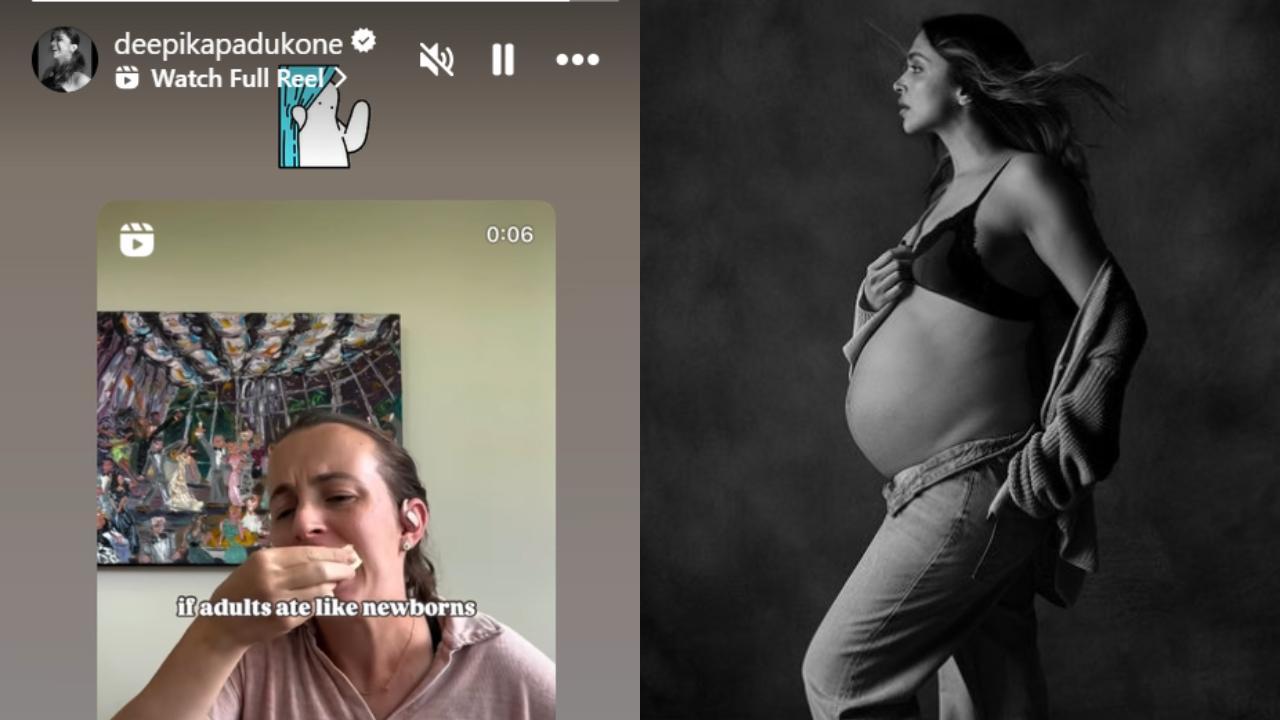In a move to make public health safer and convenient, the Indian government has banned the usage of several drugs including various cocktail or combination drugs. Along with this, 34 multivitamins are also under review. Following the recent ban on 156 drugs, the Government of India is now considering banning 34 additional multivitamins, according to sources.
"34 multivitamins are under evaluation based on reviews," sources have told news agency ANI. According to a Gazette notification issued by the government announcing the ban, "The matter was examined by an Expert Committee appointed by the Central Government, which reviewed the entire issue thoroughly and deemed these FDCs irrational. The Drugs Technical Advisory Board also examined these FDCs and recommended that there is no therapeutic justification for the ingredients contained in them, and they may pose risks to human beings.

" The notification further stated, "In the larger public interest, it is necessary to prohibit the manufacture, sale, or distribution of these FDCs under Section 26A of the Drugs and Cosmetics Act, 1940. Based on the recommendations of the Drugs Technical Advisory Board, the Central Government is satisfied that it is necessary and expedient in the public interest to prohibit the manufacture for sale, sale, and distribution for human use of the said drugs in the country." Common drug combinations that have been banned It is very important for the public to pay attention to the drug combinations that have been banned.
Among the banned combinations is the FDC of Amylase + Protease + Glucoamylase + Pectinase + Alpha Galactosidase + Lactase + Beta-Gluconase + Cellulase + Lipase + Bromelain + Xylanase + Hemicellulase + Malt diastase + Invertase + Papain, which has been prohibited with immediate effect. Mefenamic Acid + Paracetamol Injection is likely to pose a risk to human beings and is also prohibited. Ergotamine tartrate + Caffeine + Paracetamol + Prochlorperazine maleate has also been prohibited for usage.
In June last year, 14 cocktail drugs were banned. In 2016, 344 drugs combinations were banned for public use. Why have drug combinations been banned? Drug combinations are often banned due to concerns about safety and efficacy.
Combining certain medications can lead to unpredictable and potentially dangerous interactions. These interactions can amplify or diminish the effects of one or both drugs, resulting in adverse reactions that could be harmful. For example, some drug combinations may cause severe side effects like organ damage, cardiovascular issues, or allergic reactions.
Regulatory agencies impose bans to protect patients from these risks, ensuring that treatments remain safe and effective. For example Ergotamine tartrate + Caffeine + Paracetamol + Prochlorperazine maleate combination can lead to stomach irritation, dizziness, and insomnia. Drug combinations are also banned when they lack sufficient evidence of benefit or efficacy.
If combining drugs does not provide a clear therapeutic advantage over using individual medications, or if the combination does not address the condition effectively, it may be deemed unnecessary. This precaution prevents patients from being exposed to potentially harmful or ineffective treatments. These 10 superfoods will boost your dopamine levels naturally.



















